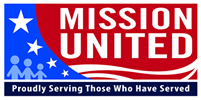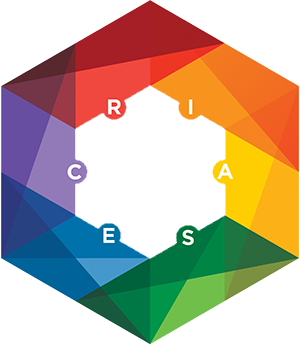Mission United
is proud to offer the


The men and women who have served their country need a tool designed specifically for them, an instrument that will help them discover the careers and fields of study they are particularly suited for. The VeteranSDS is an online resource designed for veterans and active-duty military personnel.
The SDS is based on Dr. John Holland’s theory, known as RIASEC theory, that both people and work environments can be classified according to six basic types: Realistic, Investigative, Artistic, Social, Enterprising and Conventional. One of the main ideas of this theory is that the closer your personality type aligns with your work environment, the more likely you are to find fulfillment at work.

Your online report:
- Links military occupational specialty (MOS) titles with civilian occupation titles.
- Matches the user’s Summary Code to Occupational Information Network (O*NET) career options and required education levels.
- Provides information about using the skills and interests developed in the military in civilian occupations.
- Includes a transition planning checklist.
There are many things to consider when deciding what career path is right for you. The staff at Mission United are here to help!

Ready to get started?